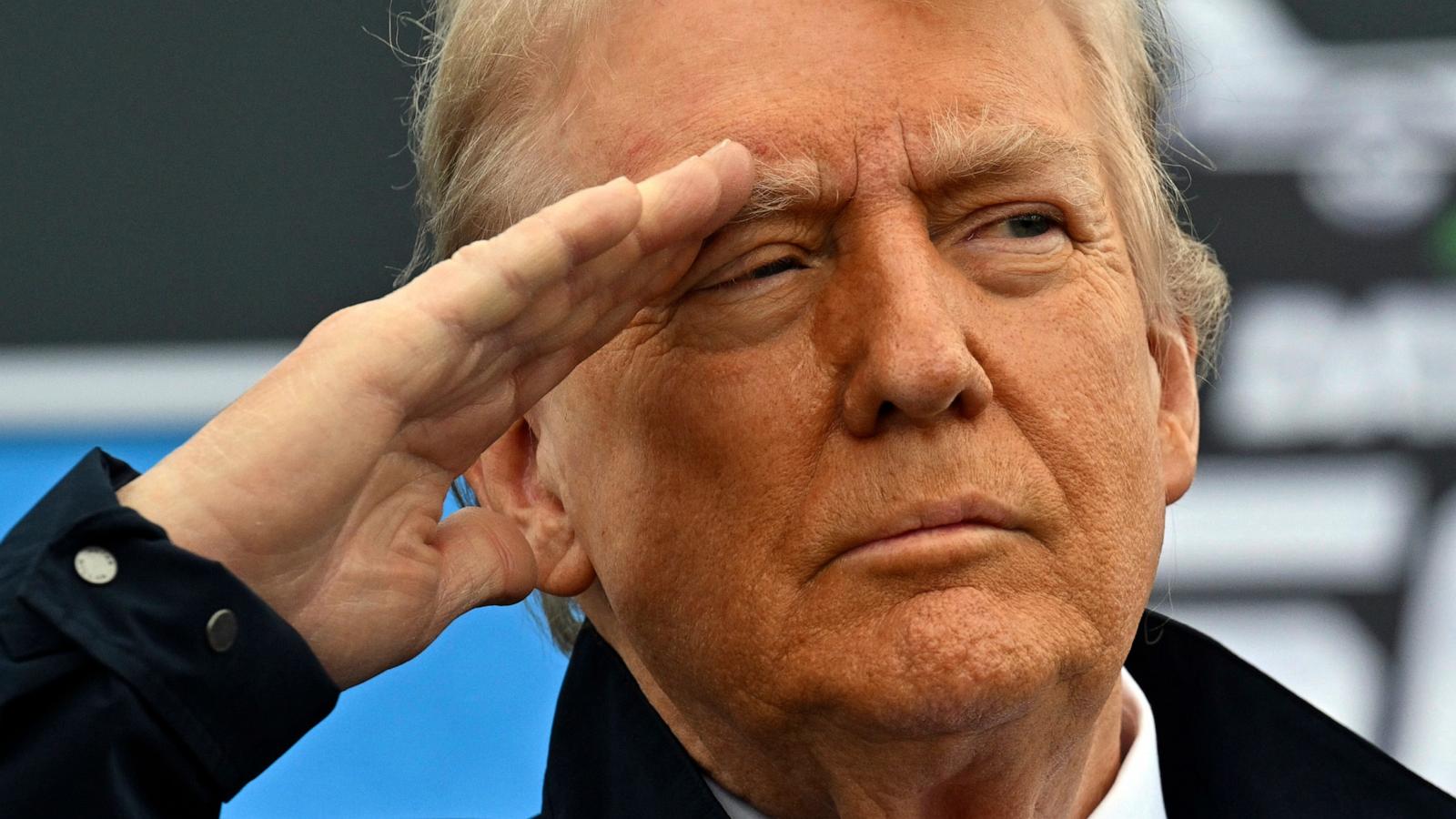President Donald Trump, over the weekend, stoked criticism and alarm when he posted a blunt and cryptic statement seemingly suggesting the nation’s laws don’t apply to him.
“He who saves his Country does not violate any Law,” Trump wrote on his personal X and Truth Social accounts on Saturday.
The White House later shared the statement from its official X account but didn’t elaborate on why he posted it or what he meant by it. Although its exact origins are unclear, the quote is often attributed to Napoleon, the French general who effectively declared himself emperor in the early 1800s.
The White House declined to comment when ABC News asked on Monday what Trump intended to say with the post.
Democrats quickly accused Trump of speaking like a dictator. Reince Priebus, a Republican who served in Trump’s first administration, downplayed it as “entertainment for Trump” and “catnip” for the media.
All this comes as Trump and his team push a sweeping theory of presidential authority — one that asserts he has sole control over the executive branch and what Congress set up as independent agencies.
Constitutional experts warn Trump’s aggressive view of presidential power, especially his latest comment, goes directly against the country’s founding principle of checks and balances.
“Trump’s statement is concerning, because it is almost identical to things that Hitler and Napoleon and Mussolini all said, none of which bodes well for the rule of law. It is the rule of law that protects against executive tyranny in this country — and not the other way around,” said Michael Gerhardt, a constitutional law expert at the University of North Carolina.
“Our whole political system was premised upon fear. Fear growing out of King George III abusing his power by wanting to be the judge, the jury and the executioner,” said David Schultz, a constitutional law expert at Hamline University.
“His statement, to me, indicated he just does not get the fundamentals of American constitutional law or the basic fundamentals of American democracy, which is that no one person gets the final call on what’s legal,” Schultz said of Trump’s post.

In fact, lawsuits against the Trump administration continue to pile up. It’s been less than a month since his inauguration, but Trump’s actions — nearly all unilateral — have resulted in at least 73 lawsuits.
Challenges are playing out against his order to effectively end birthright citizenship; his directive to freeze federal grants and loans already appropriated by Congress; attempts by Elon Musk’s Department of Government Efficiency to dismantle agencies like USAID and the Consumer Financial Protection Bureau; and more.
One case is already making its way to the Supreme Court. The Trump administration filed its first emergency appeal to the justices seeking to dismiss a temporary restraining order against his move to fire the head of the independent Office of Special Counsel, Hampton Dellinger.
“The Dellinger case is a trial balloon, to test just how much power the Supreme Court is willing to cede to the executive over appointments,” said Ray Brescia, a professor at Albany Law School.
Before Trump’s statement over the weekend, both he and the White House said he would comply with court orders. Trump told ABC News Senior Political Correspondent Rachel Scott last week, “I always abide by the courts and then I’ll have to appeal it.”
But his attacks on judges who’ve temporarily halted some of his agenda, paired with past suggestions from his allies that he could defy rulings, have raised questions about how far he is willing to go to get his second-term agenda implemented.
There are only a few examples in America’s 250-year history where presidents have disregarded the laws or the courts.
Former President Abraham Lincoln, who Trump has repeatedly compared himself to, suspended habeas corpus during the Civil War without approval by lawmakers — an action the Supreme Court said exceeded his authority.
But experts say the current climate is nothing like the national crisis that engulfed Lincoln’s presidency and noted Lincoln later asked for ratification of his decision by Congress and effectively received it after several years.
Still, Trump and his team are likely to continue to push for broad power as he wades further into legal challenges.
Trump only seemed to double down on his Napoleonic message, sharing Sunday on Truth Social an image from another user who set the quote “He who saves his Country does not violate any Law” against a portrait of Napoleon Bonaparte riding on horseback.
“If the president is going to start parroting Napoleon, he might want to read up on how it all turned out for him: a coalition of the willing collaborated to oust him from power not once, but twice,” said Brescia.
ABC News’ Peter Charalambous contributed to this report.
ABC News: Top Stories
Read the full article .


